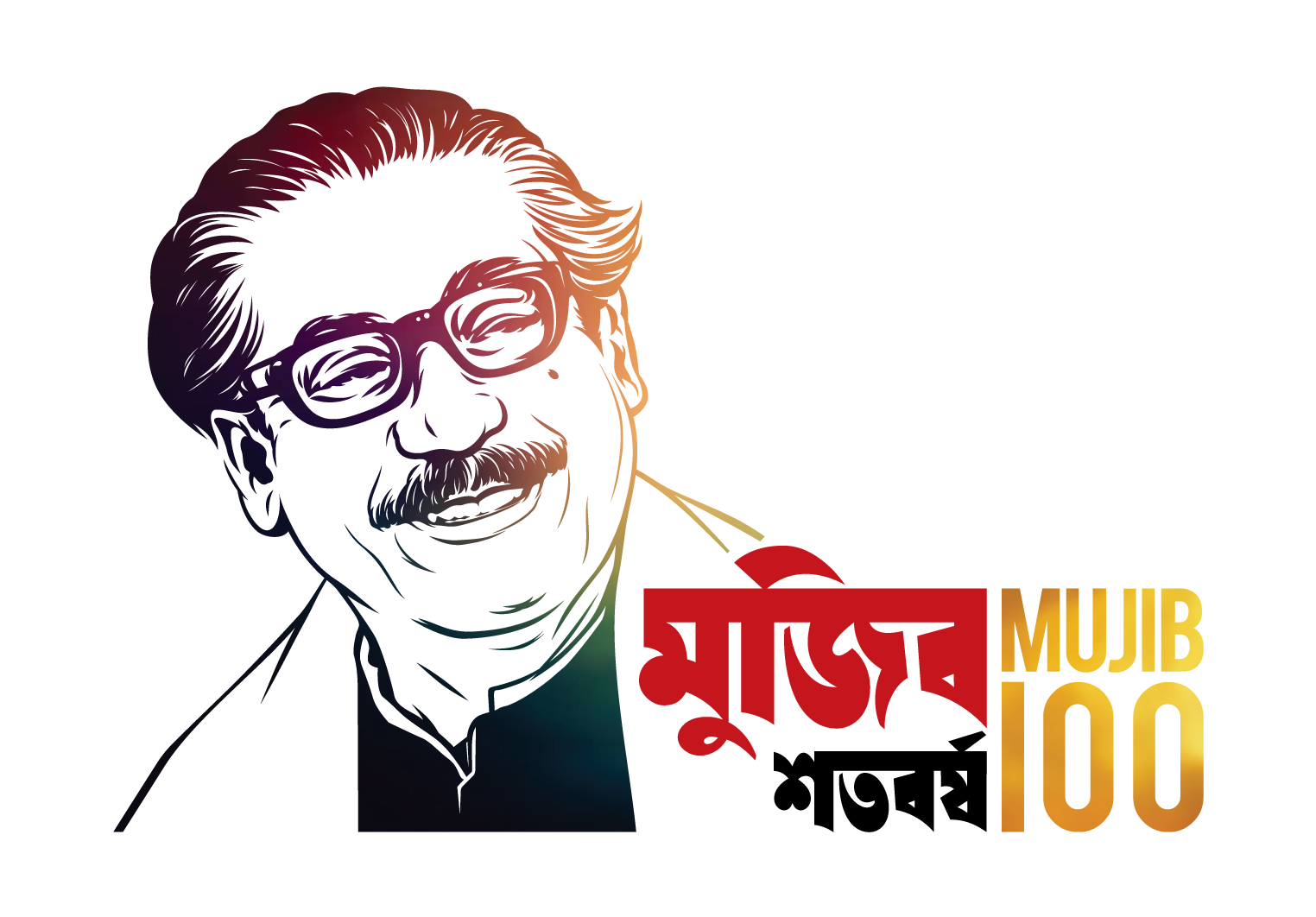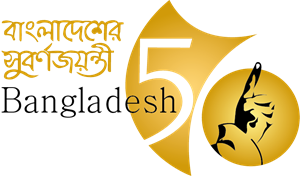All human beings are the divine creation of Almighty God. Therefore all are endowed with different human resources, capacities, potentials and powers from Him. Nobody can teach anybody. What the facilitators and others can do is that they can create an environment for learning. In other words, the facilitators can help and assist the students to discover and unveil their already God given latent, resources, capacities, potentials, and powers. Concerning the processes of learning the Chinese proverb says – “tell me and I forget, show me, I may remember, make me work and I understand”. According to Leonardo the Vinci, he is the best teacher who helps the students to learn by themselves.
At this stage, we can find out and discover what it means by capacities and potentials in human beings. To clarify the idea, let us take a simile of a farmer. Hypothetically let us say that there was a farmer who owned three acres of land only, but his land and some plots of land were located at different locations of the landscape. Some of them were very much fertile and some not. Therefore, he had to be very careful and clever in selecting crops to be grown in those plots of land because he knew for sure that if he had made mistakes in selecting right crops for his plots of land he would not get any crops for that year, and that surely meant that he and his family would starve in the following year. From the above narration, it is very much important to know and to make students know what kind of education they need to be provided. For our clear understanding let us classify our education into two categories. Due to the unprecedented advancement of the psychology, we have come to know that human beings possess the awesome brains and amazing mental capacities. Further for our better understanding, let us call the right side of our brains as the emotional and creative zone of the brain because right brain deals more with the feeling and emotions. At the same time, let us say that our left side of the brains is more responsible for dealing with information like facts and events. Now on the basis of the above division of the left and right brains, we like to classify our education into the following steps i.e.:
1.
Informational education
The Informational Education is more focused on providing information of
facts, events, etc. to the student. On the other hand the formational
education is more interested in providing the students techniques and
process so that the students know how to develop their thinking
pattern attitude and aptitudes and also know how to develop their
will power, etc. Now, taking the definition of Gandhijee it can be
said that anything a facilitator brings in as an input and puts it
into the heads of students, it is nothing but informational
education.
But whenever the facilitator through encouragement animation, motivation and engaging the students helps to draw out the best in the students then it is called the formational education. So, on the basis of the above whatever inputs the facilitators deliver to students it is nothing but the informational education. In short, it may be defined now that whatever the students do themselves, it is formational education and whatever the facilitator does for them is informational education.
2.
Formational education
The formational education is also known as the education of the heart. In
this regard we may recall the event in the Holy Scriptures. After,
the King David died, his youngest son Solomon was designated to be
the king of Israelis. One night, God appeared to Solomon in the dream
and asked. “Solomon, do you have any wishes from me? King Solomon
instantly said, “My Lord, God please grant me an understanding
“heart” so that it can judge right from the wrong.” God being
very pleased with the Solomon’s request, God said, “Since you
Solomon did not ask for riches or long life or you not asked the
lives of your enemies. Therefore, I grant you, riches, a long life
and wisdom.” We know that king Solomon had been the wisest king in
the world. It points out the importance and significance of the
education of the Heart. Beside the Heart education, the formational
education is also known as the education of the spirituality. Please
do not be mistaken here that spiritual education is not the education
of religion. According to the Indian saint Vinovabhave, any education
without the education of spirituality is an incomplete education. To
illustrate the idea he used the following narration:
To fly, a bird needs two wings, with one wing, a bird can not fly. Similarly, a car is having the power to run 300-400 km speed per hour needs strong and perfect brake system, it is impossible to think of such car without strong and perfect break system. Now without good brake system, this car has every chance to get accidents. It is true in the case of knowledge acquired through education. A person with knowledge without spirituality has every chance to misuse and abuse his knowledge and power. To mention some cases Adolf Hitler is in point.
It may be meaningful to say a few words further regarding informational and formational education. Students can acquire informational education, anytime in their lives, whenever they feel the necessity of it. On the contrary, the formational education can not be given at the late ages as the human faculties will become gradually hardened with many things whether they are important or not for the their future lives.
Concerning the major business areas or aims of education, it may be said that they are the character building positive thinking pattern formation, like positive outlook formation, will power development, positive habits formation, etc. If any education fails to develop beneficial and positive habits among the students then it is a dire failure of the education system. Today, the psychologists say that 94% actions proceed from Habits and the human Nature, while only 5% actions are done on the basis of models and ideas and examples, further only 1% action is done on the basis of principles and ideologies. This indicates that the formational education is in a sense much more important compared to the informational education. Dipshikha nourishes the 12 values regarding formational aspects of a child. They are: (1) to have positive attitude towards doing something, (2) learning with joys, (3) creation of fear free environment, (4) self-analysis encouraged, (5) ability to adopt in different situation, (6) creativity in work, (7) ready to work – attitude, (8) inquisitiveness to know more encouraged, (9) development of problem solving capacity, (10) logical, rational and analytical thinking encouraged, (11) creation of environment to self-initiative and self confidence, (12) teamwork as well as individual wore persuaded.
3.
Painting
Painting is an age long tradition of expressing ones emotion. Also today
educational psychologists claim that painting is the use of the right
brain of an individual. In fact right brain is a holistic brain.
Therefore its development and activation makes a person more creative and imaginative. METI children paint individually and in-group. Group painting gives them scope and opportunity to share space, team work and tolerance.
For future teamwork and team building, this is a good and effective measure to prepare and form them now. Moreover painting is one of the 8 intelligence which response to the development of bodily kinesthetic intelligence.
4.
Clay Work
As we all know from the Holy Book that human beings are made up of Clay.
“You are dust and shall return to dust”. Human beings- especially
children have a natural tendency to play in clay and dust. Moreover
clay is the sources of our life as we get our primary food production
from the soil. That may be also the reason why the earth is called
mother or mother earth. Moreover it has been said by Gunnar Myrdal in
one of his famous book where it is stated “Educated Asians do not
know how to soil their hands”. All the above facts, in short, point
out that we should not fully detach ourselves from the contact with
the soil. All great souls are found to come closer to the soil.
Clay work is part of the Bodily kinesthetic intelligence and helps in expressing the emotion of an individual. Clay work again deals with right brain and increases creativity and imagination.
5.
Writing Session
During this session children write Rhymes, Stories, Poems, etc. Writing
session provides scope and opportunity to children for articulating
thoughts, ideas and experiences in written form. For many adults,
writing is like dying. In real life even many adults are found almost
dumb in writing. They procrastinate and procrastinate writing work
only because they are not habituated in writing. Francis Becon, a
philosopher and educationist long ago said, “Reading makes a man
perfect, writing an exact man and speaking a ready man”. To become
exact, one must cultivate writing. Writing session encourages
children to develop writing habits. Since writing deals with
language, it deals with the left brain and falls under the linguistic
part of the 18 intelligence.
6. Group
Discussion
Group discussion is one of the best methods of sharing interacting,
listening speaking and communicating with others. Children discuss on
a particular issue of the society in which they live. For instance,
they discuss on ‘dowry’, ‘superstition’, METI system of
education, etc. Group discussion helps children to broaden and deepen
their knowledge about the issue. In future life, group discussion
will be part of their lives. Here they will also develop how to
respect others opinions and how to put forward arguments and facts to
defend and pursue one’s own point of view.
Beside the above methods, there are many more, which are used for METI education. A few are listed below.
- Reading session
- Story telling
- Video session
- General knowledge sharing
- General knowledge fun competition
- Role play
- Parents gathering and feedback session
- Interview session
- Cultural activities
- National and international day observation
- Debating
- Annual sports and out reach program, etc.
It is important to note here that content of learning changes but methods continue. Therefore, methods are always more important than contents in learning.
Additionally, we supplement some Unique Characteristics of METI for Readers Interested in METI Concept. They are:
- Learning with joy.
- Feel free from fear
- Positive attitude sustained in learning.
- Team based learning encouraged
- Rational and logical thinking valued
- Facilitator and students prepare lesson plan jointly
- Besides class books, outside books studied
- Meditation practiced to increase imagination and visualization capacities.
- Creativity expressed through personal writing sessions, clay work and painting
- Leadership and self-responsibility encouraged by social events and cultural activities.
- Self- analysis and feedback sessions arranged.
- Exposure and outing are arranged to deepen and broaden children’s outlook.
- I can, I can’ value exercised.
- Concern for and serving fellow students practiced
- 100% student’s participation learning ensured.
– End-


